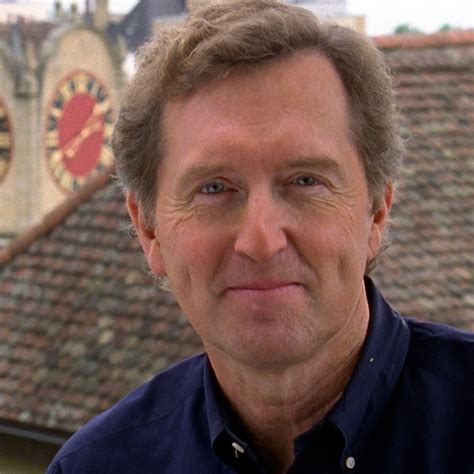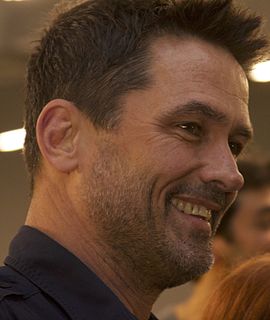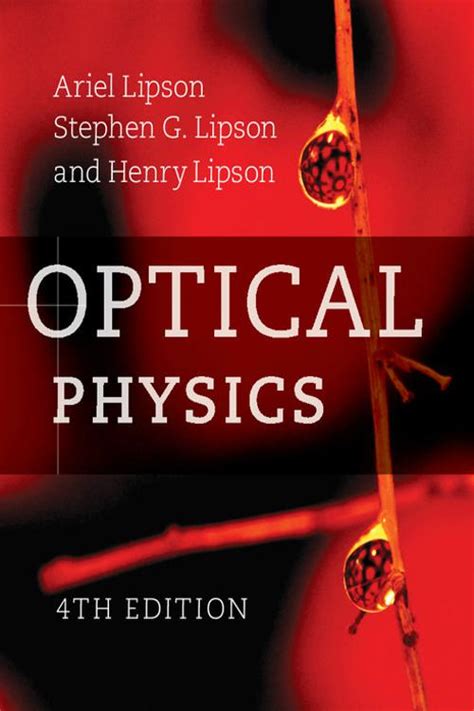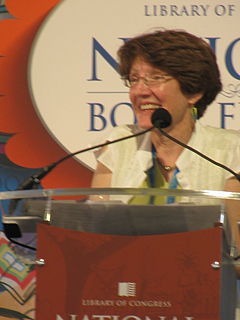A Quote by Denis O'Hare
I read five books on the Constitution. My favorite was 'Plain, Honest Men' by Richard Beeman. I went on a science jag in the same way. I kept getting in arguments about evolution and being bested. So I read Charles Darwin's 'On the Origin of the Species,' a fantastic book that is not that difficult.
Related Quotes
You can't write a book if you've never read a book. And if you've read five books and you try to write a book, your book will mainly encompass the themes and the context of the five books you've read. Now, the more books you read, the more you can bring to a book when you decide to write one. So the more rap I learned, the more I was able to bring to rap when I decided to rap. But this was all subconscious.
But one type of book that practically no one likes to read is a book about the law. Books about the law are notorious for being very long, very dull, and very difficult to read. This is one reason many lawyers make heaps of money. The money is an incentive - the word "incentive" here means "an offered reward to persuade you to do something you don't want to do - to read long, dull, and difficult books.
Darwin's theory of evolution is a framework by which we understand the diversity of life on Earth. But there is no equation sitting there in Darwin's 'Origin of Species' that you apply and say, 'What is this species going to look like in 100 years or 1,000 years?' Biology isn't there yet with that kind of predictive precision.
I read of the revivals of the past, great sweeping revivals where thousands of men were swept into the Kingdom of God. I read about Charles G. Finney winning his thousands and his hundreds of thousands of souls to Christ. Then I picked up a book and read the messages of Charles G. Finney and the message of Jonathan Edwards on 'Sinners in the Hands of an Angry God,' and I said, 'No wonder men trembled; no wonder they fell in the altars and cried out in repentance and sobbed their way to the throne of grace!'
Darwin's book, On the Origin of Species, was published in 1859. It is perhaps the most influential book that has ever been published, because it was read by scientist and non- scientist alike, and it aroused violent controversy. Religious people disliked it because it appeared to dispense with God; scientists liked it because it seemed to solve the most important problem in the universe-the existence of living matter. In fact, evolution became in a sense a scientific religion; almost all scientists have accepted it and many are prepared to 'bend' their observations to fit in with it.
Sometimes I read the same books over and over and over. What's great about books is that the stuff inside doesn't change. People say you can't judge a book by its cover but that's not true because it says right on the cover what's inside. And no matter how many times you read that book the words and pictures don't change. You can open and close books a million times and they stay the same. They look the same. They say the same words. The charts and pictures are the same colors. Books are not like people. Books are safe.
I read reviews and consider myself pretty 'plugged in' to the literary cosmos, yet one of the things I love best about book-touring is the opportunity to compare notes with favorite booksellers around the country. I always come home with books by authors I'd never heard of - or books I've read about but didn't realize I might love.
I was a kid who loved to read. I read everything I could get my hands on. I didn't have one favorite book. I had lots of favorite books: 'The Borrowers' by Mary Norton, 'Paddington' by Michael Bond, 'A Little Princess' by Frances Hodgson Burnett, 'Stuart Little' by EB White, 'A Cricket in Times Square,' all the Beverly Cleary books.




































